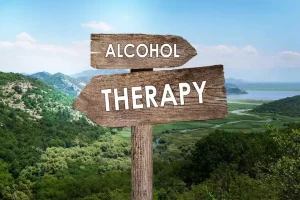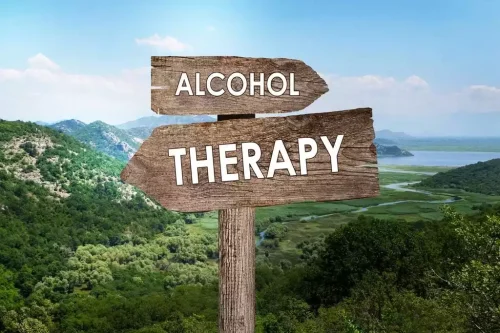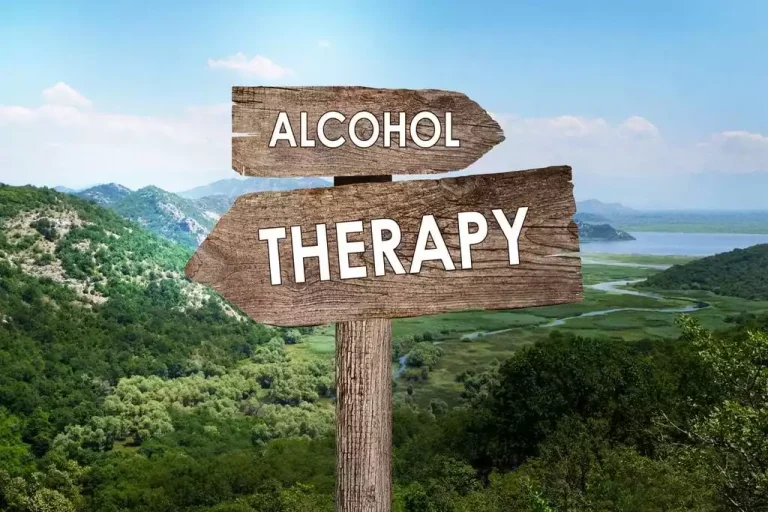
As MBIs continue to gain traction in clinical settings, their incorporation into addiction treatment programs offers substantial potential for sustained recovery outcomes. Studies have shown that mindfulness practices reduce stress, anxiety and depression levels by promoting relaxation and improving mood. Mindfulness-based interventions have also been found to decrease substance use disorders, including those related to alcohol and drugs abuse. Practicing mindful eating during addiction treatment can help individuals become more Drug rehabilitation aware of their emotions, thoughts, body sensations and cravings for unhealthy foods. Emotional triggers can pose significant challenges in the journey of addiction recovery.
The Importance of Dual Diagnosis Treatment in Long-Term Recovery
- You might use an app, listen to guided meditations, watch videos, or simply learn to sit in silence.
- This activity involves helping members create a self-care plan that includes physical, emotional, and mental activities, such as exercise, relaxation, and setting personal boundaries.
- However, they did find statistically significant differences in favor of MBRP on withdrawal/craving symptoms and negative consequences of substance use.
- Techniques such as meditation, mindful breathing, and body scanning allow individuals to remain present, fostering resilience against cravings and impulsive actions.
At RECO Intensive, we have witnessed firsthand how the integration of mindfulness practices into daily routines has empowered our clients to overcome addiction. These stories often highlight the strength found in mindfulness to navigate the complexities of recovery, manage stress, and face triggers with a sense of calm and control. For many, mindfulness has been the cornerstone of their recovery journey, enabling them to break the cycle of addiction and embark on a path to a healthier, more fulfilling life. Mindfulness-Based Relapse Prevention (MBRP) is an innovative approach that merges traditional relapse prevention strategies with the practice of mindfulness. The principles of MBRP include recognizing the habitual patterns of the mind, developing an attitude of non-judgment towards oneself, and fostering a compassionate understanding of one’s experiences. This approach encourages a shift in perspective where cravings and negative thoughts are viewed as temporary and manageable, rather than overwhelming forces.

Common Negative Thought Patterns
These approaches build on existing therapeutic frameworks, combining mindfulness techniques with established methods such as 12-step programs or cognitive-behavioral therapy. This hybrid approach effectively enhances awareness and coping skills for individuals in recovery. It empowers individuals to identify and manage cravings proactively, fostering healthier responses to triggers. Mindfulness practice not only helps in addressing feelings of guilt and shame from past substance use but also builds self-compassion. This improvement in emotional regulation and self-awareness significantly contributes to reducing the risk of relapse and supports sustained recovery efforts. In summary, these mindfulness techniques improve mental processes related to substance use, creating a buffer against emotional triggers and reinforcing healthier coping strategies.
Techniques for Building Resilience in Recovery
Meta-analyses indicate that while MBIs can lead to a decrease in cravings and usage, their effectiveness may differ based on various factors and follow-up periods. MBRP encourages individuals to respond thoughtfully to cravings instead of falling into automatic reactions that can lead to relapse. This nonreactive approach addiction meditation kundalini helps them make more informed decisions regarding their recovery. Mindfulness also nurtures self-compassion, which is vital for effective emotional regulation and can significantly lessen the likelihood of relapse.

Identifying Triggers
Mindfulness and meditation can play crucial roles in breaking free from the chains of addiction by fostering a deeper connection with the self and promoting awareness of thoughts and feelings. Let’s explore how these practices can enhance your recovery journey, providing you with practical insights and inspiration along the way. Professional support, including therapy and counseling, offers critical resources for individuals in recovery. These professionals can help enhance self-awareness and emotional regulation, guiding individuals through both the challenges and triumphs of recovery.
Mindfulness equips individuals to cope with setbacks more effectively, allowing for a compassionate understanding of their struggles. Techniques like urge surfing and mindful movement facilitate an active engagement with cravings, transforming their approach to discomfort. Instead of reacting impulsively, mindfulness fosters thoughtful responses, which significantly aids in reducing relapse risk and enhance emotional resilience. Moreover, acknowledging both positive and negative emotions within a nonjudgmental framework prepares individuals for life’s ups and downs, promoting holistic healing in the recovery journey. At RECO Intensive, our dedication to incorporating addiction treatment mindfulness into the recovery journey is reflected in our variety of mindfulness workshops and programs.
- As individuals integrate meditation into their daily lives, they build resilience against emotional triggers, which is crucial for maintaining sobriety.
- You practice observing sensations in your body, noticing where the pain resides, and gently breathing into that area.
- Techniques like mindful breathing and body scans assist individuals in coping with stress, thus lowering impulsivity and reducing levels of stress hormones.
- By incorporating these strategies into daily life, individuals in recovery can significantly enhance their resilience, continuously adapt to challenges, and support their long-term sobriety.
Wrestlemania 29, a Legacy of Steroid Abuse

Recognizing and addressing these thought patterns is crucial for those on a recovery journey, as they have the power to undermine confidence, deter progress, and even trigger relapse. Mindfulness helps individuals become more aware of their thoughts, emotions, and triggers, allowing them to respond to cravings more effectively and develop healthier coping strategies. Research underscores that developing resilience can be a transformative component in addiction treatment, promoting lasting recovery and enhancing quality of life. Resilience enhances cognitive and emotional control, which are critical components in the recovery process. Individuals with higher resilience are better equipped to manage cravings and stress, reducing the likelihood of engaging in maladaptive behaviors related to substance use. Effective emotional regulation is a hallmark of resilient individuals, enabling them to respond thoughtfully to stressors rather than react impulsively.
Writing a letter to a loved one allows members to articulate their commitment to recovery and strengthen their support network. This activity can bring clarity, reinforce personal resolve, and foster understanding with those who matter most. Guide members through a visualization exercise where they imagine themselves succeeding in recovery, reinforcing a positive outlook and boosting self-belief. Vision boards offer a creative way for members to visualize their goals and dreams. This activity involves crafting boards with images and words representing their future aspirations, helping to reinforce their commitment to a purposeful, substance-free life. This activity discusses the qualities of supportive relationships, such as trust and respect, and explores ways to build or repair these connections to foster a strong, encouraging network.
- Consider the case of a man in partial remission from alcohol use disorder who has recently stopped drinking.
- Let’s be real for a moment—practicing mindfulness isn’t always a walk in the park, especially during recovery.
- Beyond individual programs, RECO Intensive recognizes the profound impact of community support in the recovery process.
- Although it’s become quite popular in the past few years, mindfulness is an ancient practice.

The M-ROCC intervention involved a 4-week orientation period, a 4-week low-dose mindfulness group, and an optional 16-week intensive mindful behavior change program. The intensive program included expanded training in mindfulness, behavior change skills, and recovery skills for opioid use disorders, such as mindful savoring and urge surfing. As addiction recovery continues to evolve with a focus on holistic healing, mindfulness emerges as a powerful tool in the journey toward sobriety. By being more attuned to the present moment, individuals battling addiction can develop healthier coping mechanisms and emotional resilience, paving the way for a more stable recovery. Practicing mindfulness in addiction recovery can offer numerous benefits to patients. It can help them to reduce stress and anxiety, improve their emotional regulation and decision-making skills, and enhance their overall well-being.
What is Speed Drug
When applied in a group setting, CBT allows participants to share and analyze each other’s experiences, promoting a deeper understanding of personal triggers and coping mechanisms. Group therapy sessions typically follow a structured format and can include various therapeutic techniques. These sessions are designed to foster a sense of community and mutual understanding among participants, helping them feel less isolated in their journey toward recovery.
